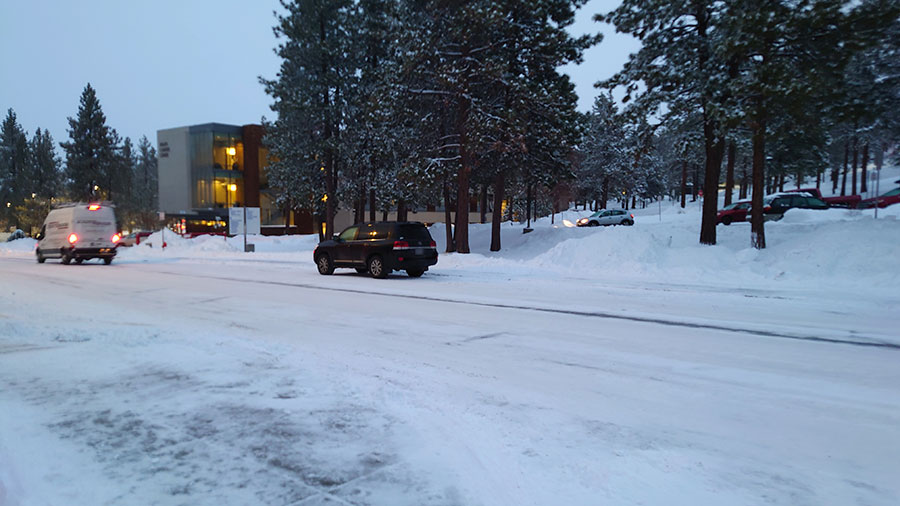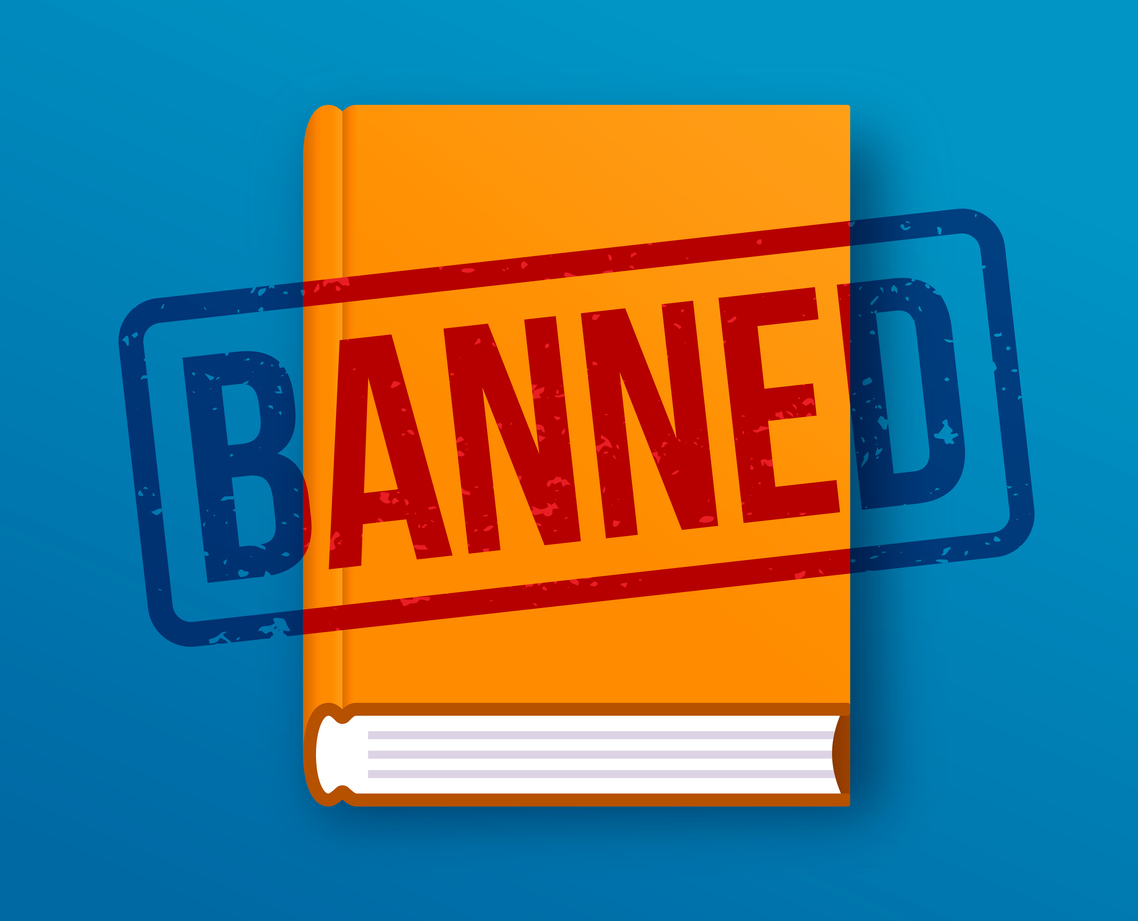All three have their differences but overall, they’re equally inappropriate
Bethany Hargrove
The Broadside
The internet is often brushed off as unimportant by those who spend little time there, but the social implications of the nearly anonymous status granted by the internet are bigger than most people would like to admit. Honestly, what would you do and say if you had guaranteed anonymity and very low chance of consequences?
People who have earned themselves the titles of troll, flamer, or cyber bully rampage about the internet, bad-mouthing anyone who comes in their way. But what are trolls, flamers, and cyber bullies?
Trolls are people who post non-relevant, often offensive content on message boards, forums, or social networking site—anywhere where they will get a reaction. They are not the large beasts of fantasy stories, although they resemble one another. Trolls often target particular websites or pages. Their goal is to start a flame war, which means successful trolling.
Flamers are often the people who respond to the trolls’ inflammatory posts. They begin warring with words about the content, often using name-calling and threats to try to get the other flamers to back down. Flamers often come off as idiots due to their neglect of standard grammar and spelling. Flaming can be very closely related to cyber bullying.
Cyber bullies are not limited to the internet, often using texting to intimidate their targets. Cyber bullies are unique from flamers and trolls in that they often target people they know in real life, rarely bothering to keep their identity a secret. Children are often targets.
The anonymity granted by the internet is the only reason trolls and flamers can get away with their abusive speech. There have been many cases of legal action taken against people whose hate speech has gone too far, however.
Avoiding being flamed, trolled, or bullied is relatively simple. Absolutely do not overreact—nothing makes a troll happier, or perpetuates a flame war more. If you don’t get bullied in real life, you probably won’t get bullied online—unless your online persona is totally different than you really are, which is not recommended.
Above all, do not purposefully post malicious messages, lest you become a troll. Trolls get trolled, flamers get flamed, and bullies get bullied. It’s a vicious cycle.
Are you a troll?
You may contact Bethany Hargrove at [email protected]













